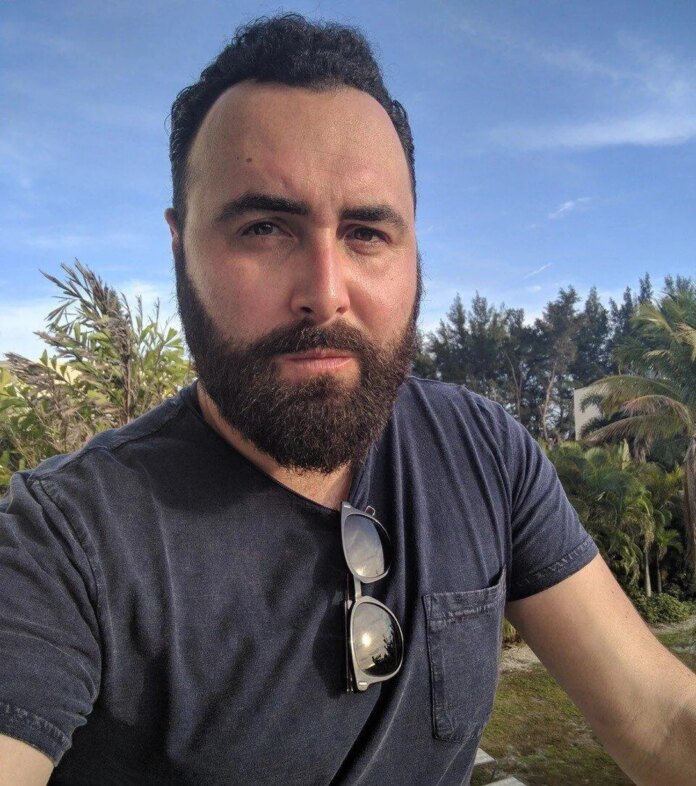The popularity of the true crime genre, in print, documentary films, and podcasts, has exploded over the last decade, a period in which Michael Lista made a name for himself as one of Canada’s leading practitioners. “The Human Scale” is a collection of ten pieces that originally appeared in Toronto Life and The Walrus, with lengthy postscripts added that both bring the stories up to date and reflect on his writing process.
Why are we drawn to true crime? Part of it might just be rubbernecking. Some think it might help them avoid evil in their own lives, forewarned being forearmed against joining the long list of the conned or killed. Lista sees it as a kind of inoculation, learning “how not to become a monster … by standing next to one.”
One of the distinguishing characteristics of true crime is its honest accounting of aspects of people’s lives that are rarely dealt with in the same frank and detailed way even in the best contemporary fiction.
This is particularly the case when it comes to matters of money and sex, with money actually being the greater taboo. Time and again in these stories we see how even seemingly affluent people struggle with financial problems and find themselves stretched thin, and how cheap a price they place on other people’s lives: to the disgraced physician Paul Shuen, for example, “pregnant women were worth about $250 — a couple tanks of gas, a half-decent pair of pants, a night out on the town.”
Lista, an accomplished poet and literary critic, came to true crime almost by accident, but has a lot of original and perceptive thoughts on a genre he quickly took to. If there is weakness in his approach it’s his tendency to err on the side of leniency. For example, he describes his genre as being “stories about imperfect systems told through the imperfect people trapped inside them.” But why are they trapped? Most of the people we meet are actively exploiting “imperfect systems”: such as the TTC’s insurance plan, or landlord-tenant and Indigenous law.
The “hacker king” Karim Baratov wasn’t a victim. He made a lot of money doing very bad things and he got caught. I don’t find the grifter James Regan a comic or funny figure. And I certainly didn’t find the hard-partying businessman Ken Hill “irresistible” and “a man after my own heart,” as Lista did.
Were these good people who broke bad, their “imaginations gone haywire” or seduced by easy money? Or were they just bad people? They were almost all highly intelligent, but intelligence can take different forms, and influence one’s moral compass. One has to marvel at the ingenious and largely self-taught engineer and entrepreneur Todd Howley, who planned the death of a man whose name he couldn’t even spell, had to Google how to get rid of DNA evidence, and didn’t realize that security cameras were filming him disposing of his victim’s body.
In his postscripts, Lista is often self-deprecating, referring to himself as moonlighting with writing that sometimes felt like hack work. Slow journalism is his ideal, and he complains of not having enough time or not being given enough space to develop the pieces fully. But while he’s sometimes light on other people, this is being too hard on himself. Contained in this volume are ten quick reads that make “human misery both fact-checkable and un-put-downable,” and which leave us to make our own final judgments.
JOIN THE CONVERSATION
does not endorse these opinions.


